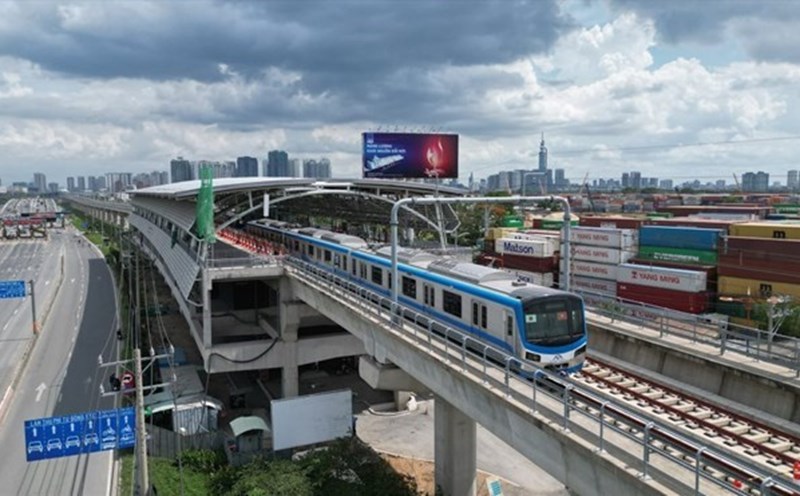Mr. Nguyen Dinh Tung - CEO of Vina T&T Company, Vice President of the Vietnam Fruit and Vegetable Association - said that the Vietnamese agricultural product brand is still obscure, largely due to segmented production and uneven standards.
Mr. Tung warned: If there is no clear identification, it is difficult for Vietnamese goods to participate deeply in the global value chain. On the contrary, when there is a legitimate brand, the product will be valued higher, opening up opportunities to conquer demanding markets such as the US and Europe.
According to him, in addition to complying with standards, it is important to build an attractive brand story so that Vietnamese fruits are accepted by global consumers. This requires a close connection between growers and the consumer market, helping products not only meet quality requirements but also create a unique mark. Not only in the export sector, but also in the domestic market, positioning Vietnamese goods also needs to rely on consumer confidence.
Mr. Nguyen Ngoc Thang - Deputy General Director of Saigon Co.op - said that the key factor is quality.
Linking viewpoints from practical production to distribution, experts all agree that the brand is the core value for Vietnamese goods to affirm their position.
From the perspective of the association, Mr. Nguyen Ngoc Hoa - Chairman of the Ho Chi Minh City Business Association affirmed that in the digital age, brand identification is not only about products, but is also associated with transparency of the supply chain, compliance with international standards and implementation of social responsibility.
This is a long-term path, requiring perseverance and commitment from both businesses and associations. However, when done well, Vietnamese brands will not only strengthen domestic market share but also gradually reach international level, affirming their mark in the global value chain.
According to the Ho Chi Minh City Statistics Office, the proactive diversification of the market, effective exploitation of free trade agreements, along with improvement in domestic consumption demand and accelerated digital transformation, many businesses in the area have increased export orders. Thanks to that, Ho Chi Minh City's industrial growth in August recorded signs of improvement, especially in the processing and manufacturing sector.










